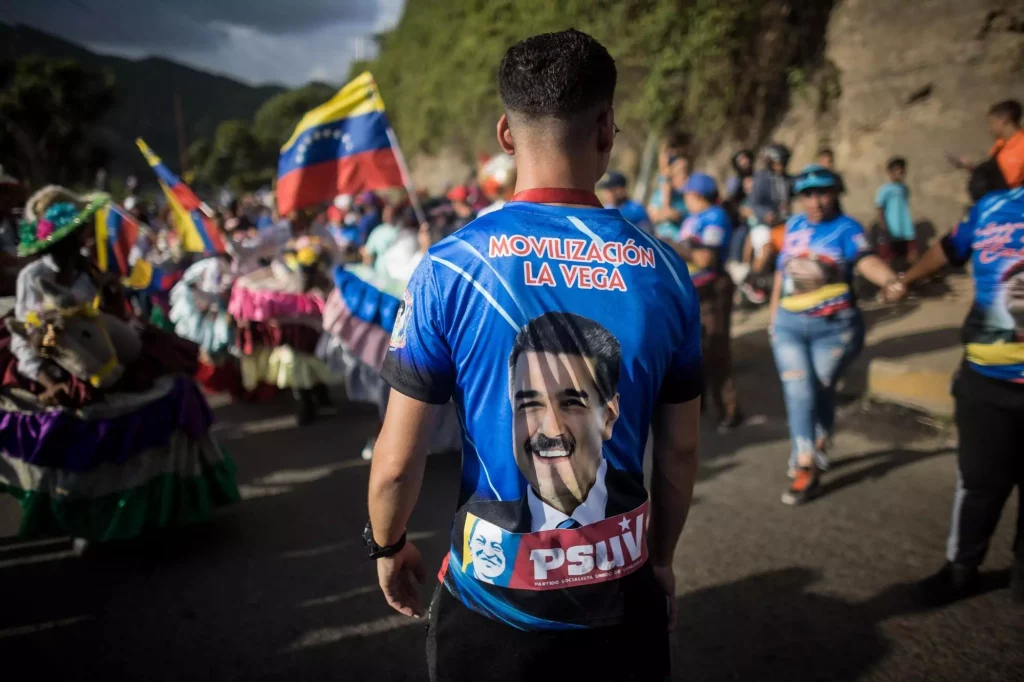
Never before have Nicolas Maduro and his main collaborators had to make such compromising decisions about maintaining their project.
By Carlos Malamud (Confidencial)
HAVANA TIMES – With just over a month to go before the Venezuelan elections (theoretically scheduled for July 28, if they actually take place), most polls give victory to the opposition candidate Edmundo Gonzalez Urrutia against the “son of Chavez,” the perennial re-election candidate Nicolas Maduro, who has been in power since 2013. While Gonzalez exceeds 50% in voting intentions, with some room for growth, Maduro is moving between 22% and 25%, although in recent months he has seen a notable recovery.
However, the polls are not unanimous. There are results for every taste, including the satisfaction of the palate of whoever pays for them. A recent study by Hinterlaces, whose work usually favors the government, gives an overwhelming majority to Maduro and assures that more than 57% of Venezuelans believe that the president will retain power.
These statistical calculations about voter preferences could make sense if the elections were normal and equal, where the government and the opposition played with the same cards and rules, but they are not. Hence, we must be very attentive to the reactions of Chavismo and its attempts to stay in power.
This is more worrysome in a context where the government has practically absolute control over the Parliament, the Judiciary, and the electoral authority. Such dominance could block the capacity for action of a future alternative government, emptying the executive office of powers and even leaving it without a budget.
All indications point to a complicated end of the campaign for the opposition, starting with the


